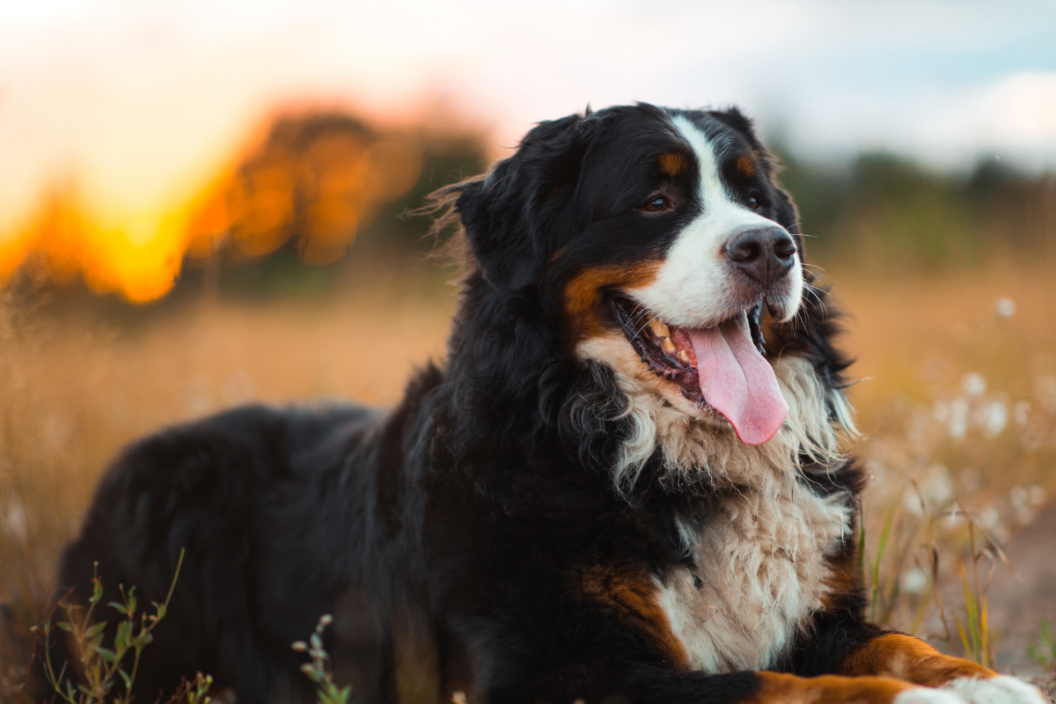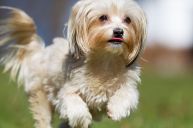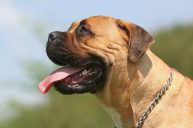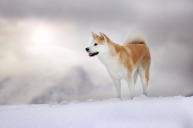A large dog breed from the Swiss Alps, Bernese Mountain Dogs were traditionally used as herding dogs and as draft dogs. Here's the 411 on this large breed.
The Bernese Mountain Dog is a gentle giant. Frequently a great family dog, this breed is very friendly and is eager to please. A great addition to an active household, this breed needs about 30 minutes of exercise a day and is always excited for a new adventure.
One of four varieties of Swiss mountain dogs, the Bernese Mountain Dog is a smart, hardy dog that was originally bred to work on alpine farms in a variety of capacities, including watchdog, herder, and draft animal.
Bernese Mountain Dog History
https://www.instagram.com/p/CNVFbl3gkE9/?igshid=dems8kmkklcd
Ancestors of the Bernese Mountain Dog were brought to Europe upwards of two thousand years ago by Roman invaders. However, the breed, as we know it today, originated in the early 1900s in the Canton (state) of Bern, Switzerland.
This breed first arrived in the United States in 1926, and was officially recognized by the American Kennel Club in 1937. It has since become a favorite among dog owners thanks to its easygoing personality, family suitability, and love of all things outdoors. Today it is America's 22nd most popular dog breed.
Breed Characteristics
https://www.instagram.com/p/CNR81NAhBAd/?igshid=1tie6zc3bk887
Nicknamed "Berners" by enthusiasts, Bernese Mountain Dogs are known for their good-natured, mellow temperaments. They generally make wonderful family dogs, and with proper socialization, do well with strangers and other pets. While they get along well with everyone, it's not uncommon for a Berner to become especially attached to one human companion.
With a beautiful tri-color double coat that has a wooly undercoat, the Berner's tricolor coat makes this Mastiff-type dog perfect for the cold weather.
True to their lineage, Berners are fundamentally outdoor dogs, but do fine in household settings provided they receive enough daily exercise; the American Kennel Club recommends a minimum of 30 minutes.
They did originate as farm dogs! So remember that the Berner is more of a working dog than many of the AKC breeds you're considering.
Potential Health Issues
https://www.instagram.com/p/CNMzKi6pCDq/?igshid=1xljo6j72a210
Many first-time pet owners should also be aware of the health issues before bringing home a Bernie puppy. These issues include hip dysplasia and elbow dysplasia, as well as other orthopedic problems. Eye diseases or defects that can affect the Berner are progressive retinal atrophy, cataracts, entropion, and ectropion. Berners can develop a bleeding disorder called von Willebrand disease.
Gastric Torsion or Gastric dilatation-volvulus (GDV) is a condition this breed is prone too so it's a good idea to talk with the breeder or breed rescue group about this condition when doing research on health problems that can occur.
Caring for the Bernese Mountain Dog
https://www.instagram.com/p/CNOc426hDkw/?igshid=s76oqe2kfl3l
Vetstreet.com tells us how to care for their silky coats,
"Bernese Mountain Dogs have a thick, moderately long double coat that can be straight or slightly wavy. It shouldn't come as a surprise that this coat sheds heavily, but frequent brushing will help to keep loose hair under control. The best tools for grooming a Berner's coat are a stainless steel pin brush, a slicker brush, and a stainless steel comb with fine and coarse teeth."
So don't be intimidated by their thick coats!
Berners benefit greatly from positive training methods and basic socialization and obedience training beginning between 4-6 months of age. In short, for an owner who is willing to put in the time, a Bernese Mountain Dog will make an outstanding addition to any active household.
Whether you contact a Bernese Mountain Dog breed group, breed club or AKC breeder, you should also talk to them about the average lifespan, expected activity level, and energy level they should expect.
Do you have a Bernese Mountain Dog? Share your pooch on the Wide Open Pets Facebook page!
This article was originally published November 30, 2019.




